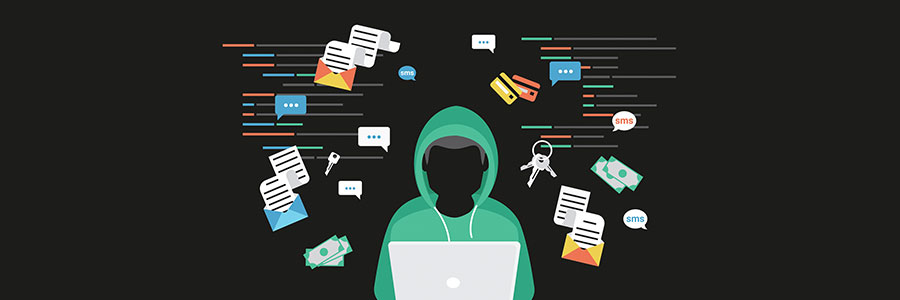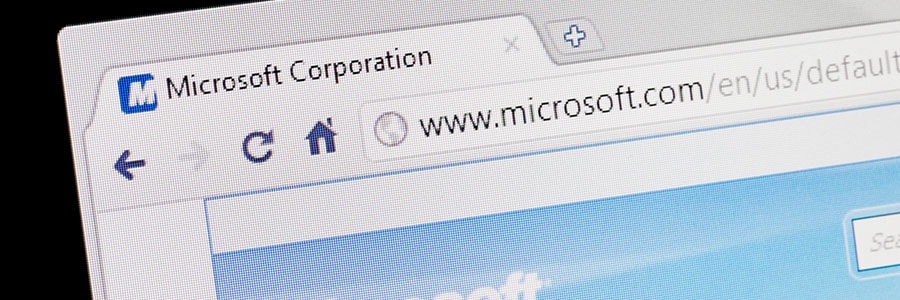What do you call someone who hunts for security gaps in computer hardware and software? A hacker, right? What about someone who executes a vulnerability test and presents their findings to software vendors to help them improve the quality of their products? There is more than one type of hacker, and understanding the difference is… Continue reading 3 Hacker types you need to know about
3 Hacker types you need to know about









